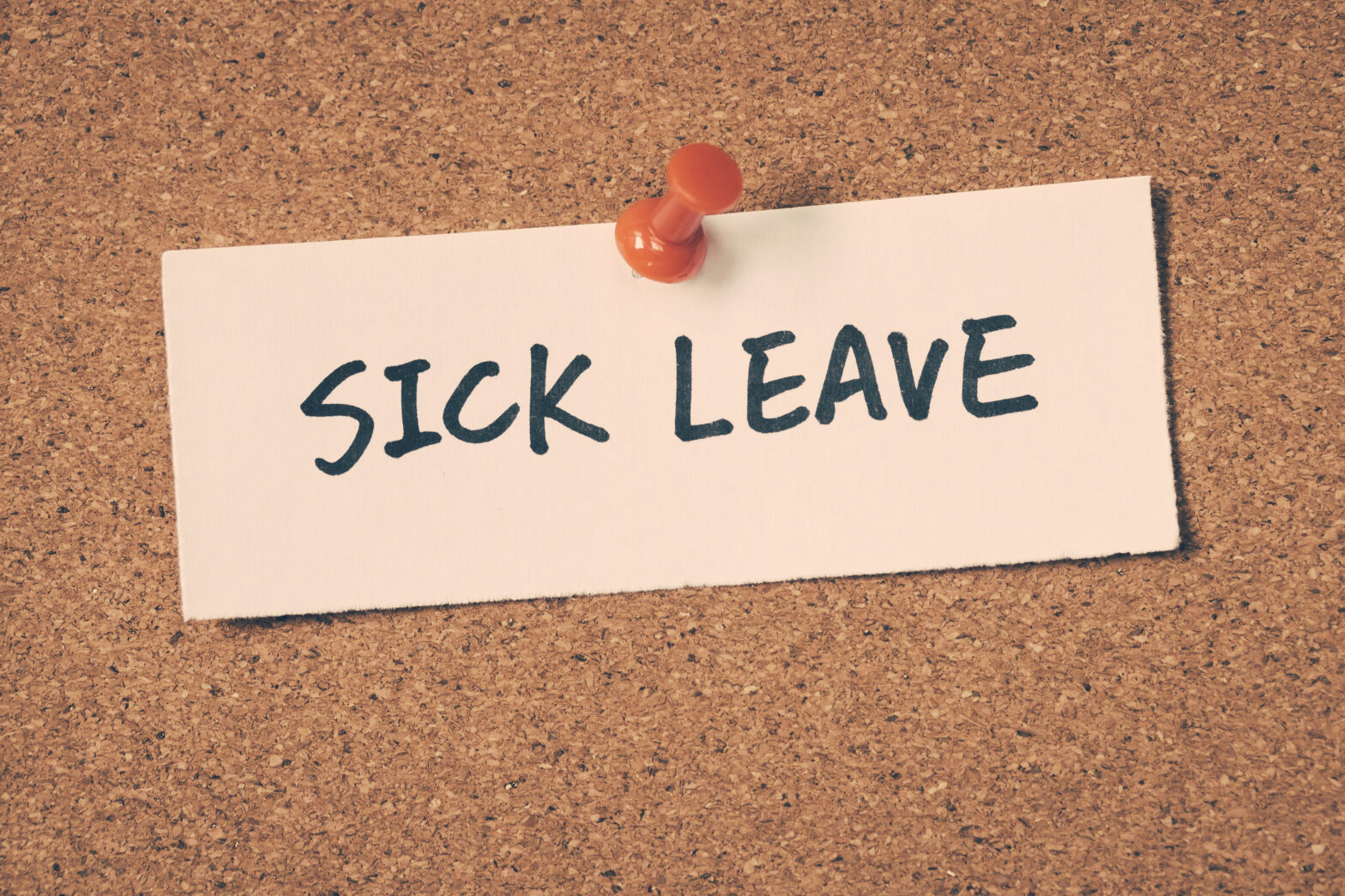An employment appeal tribunal ruled that a worker on long-term sick leave should have the right to claim holiday pay despite having exhausted the entitlement to sick pay. The decision is being contested by the Engineering Employers’ Federation (EEF), which wants the Working Time Regulations (WTR) altered to prevent more cases like this.
Peter Martin, EEF Director of Legal Affairs, said that this “mistake” in the WTR should be corrected “as soon as possible, as the ruling has nothing to do with the original aim of improving health & safety.”
The WTR were introduced in 1998 by the Department of Trade & Industry (DTI) in line with a European Directive to ensure that employees got an annual leave of four weeks by law. Tom Curry of the DTI says that they were introduced for the benefit of both employees and employers.
However, Dave Harrop of the Forum of Private Business says that the group’s members believe the “pendulum is swinging” towards employees and away from small business owner/managers in terms of the benefits of such legislation. As far as small businesses are concerned he thinks that the WRT have formalised a system that was already in place – “strait-jacketing” the employer with too many rules.
Small firms with around 20 employees do not generally have personnel departments and this role is taken up by the owner/manager who has to “wear many hats” in running the business. He or she does not have time to keep up with the latest legislation.
Harrop sees this latest development as a potential blow to both employers and employees. For businesses, it will drive up the costs of covering for staff who are on long-term sick leave. Consequently employers may wish to terminate the contracts of these staff, earlier.
The EEF echoes this view and suggests that the situation could go a stage further and employees who are on sick leave could attempt to return to work “earlier than is medically desirable.”
The Working Time Regulations can be downloaded from the Health and Safety Executive.





